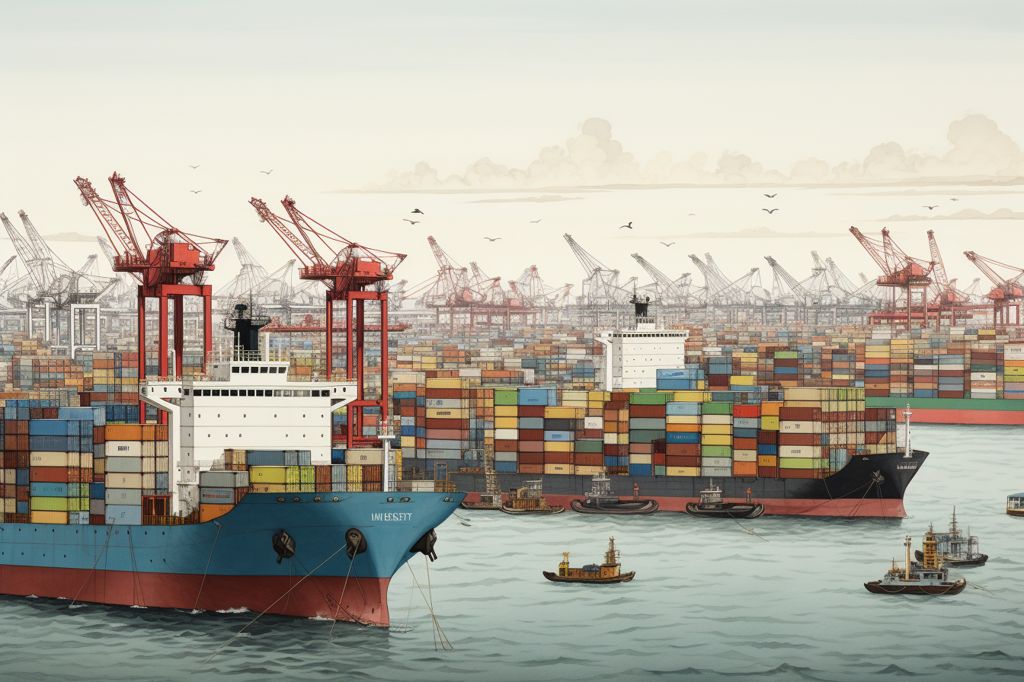Cape Town’s port has been facing various challenges, including underperformance and inadequate equipment. However, the recent development in Durban sheds light on the potential benefits of private sector participation in the city’s harbor.
Private Sector Involvement Could Bring Significant Economic Benefits
Private sector involvement in the port could contribute an additional R6 billion in exports, create 20,000 jobs, and generate more than R1.6 billion in extra tax over five years, according to the Western Cape Department of Economic Development and Tourism. Durban’s port and the Philippine company’s partnership have paved the way for exciting innovations in Cape Town’s harbour.
Plans for Private Sector Involvement in Cape Town’s Port
James Vos, Cape Town’s MMC for economic growth, emphasizes that the city has willing partners ready to work towards private-sector participation in the port. To achieve this, he plans to call for an urgent meeting with the Ministers of Public Enterprises and Trade and Industry. The goal is to bring the economic cluster together to discuss business and find solutions to the current challenges faced by the harbor.
Challenges Facing Cape Town’s Port
A presentation given by Transnet to the Western Cape standing committee on finance, economic opportunities, and tourism in June revealed that the Cape Town container terminal is underequipped. Only 16 rubber tire gantries are available to move cargo on and off ships, while the optimal number is 39. The Port of Cape Town has experienced a significant decline in performance across various indicators, with weather playing a role in some cases.
The Positive Impact of Private Sector Participation
James Vos believes that involving the private sector can bring fresh thinking, new ideas, and a different approach to business. He sees it as a positive development when the private sector steps up and takes part in managing key infrastructure. As a country that relies heavily on trade and exports, it is crucial that goods move seamlessly through the ports. Cape Town, situated at the southern tip, cannot afford delays in its harbor, as companies will seek alternatives if they encounter too many obstacles.
In light of the recent developments in Durban and the potential benefits of private sector participation, Cape Town’s port could witness a transformation, addressing current challenges and stimulating economic growth. The city’s focus now lies in fostering collaboration between public and private sectors and bringing innovative solutions to the fore.












